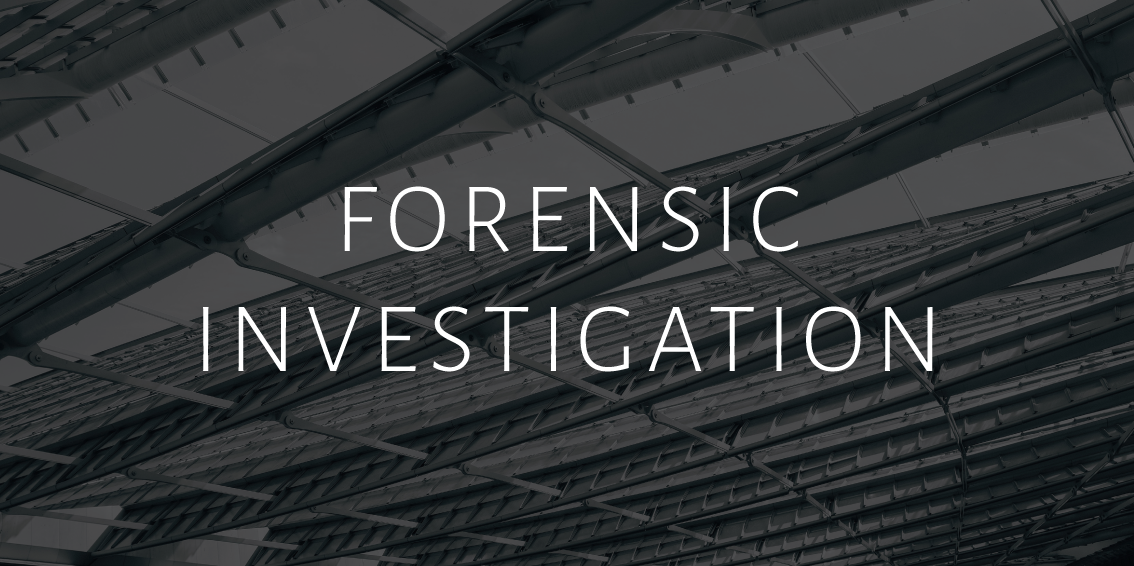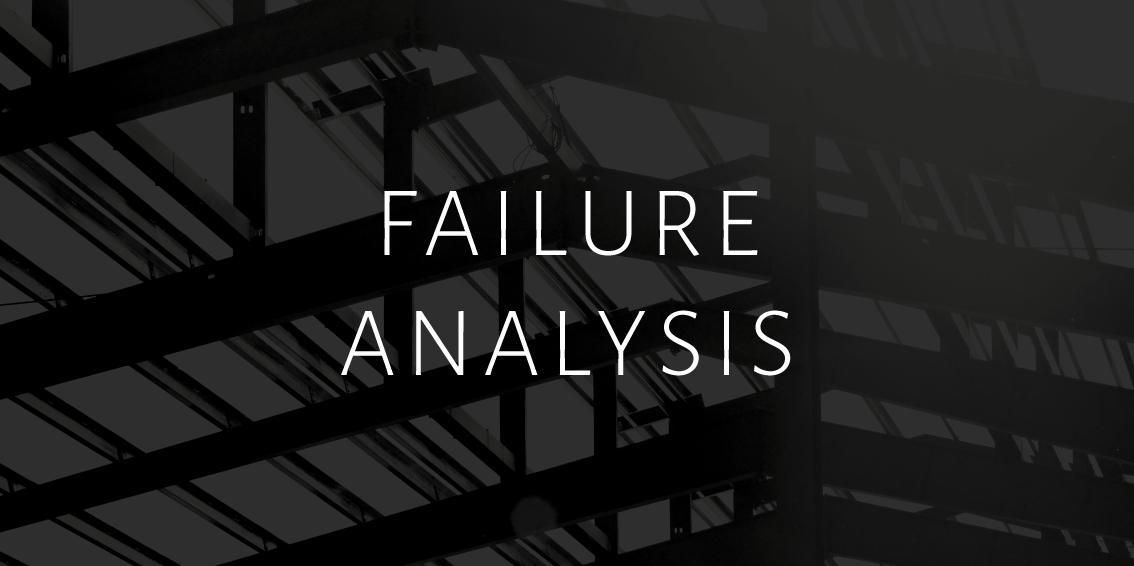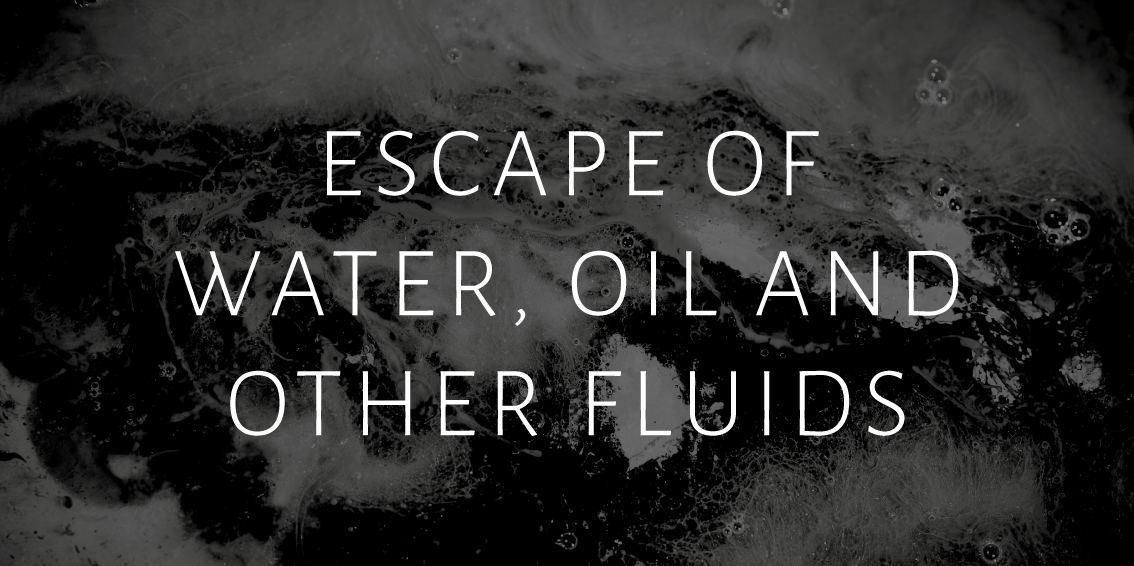LFI undertakes the forensic investigation of a diverse range of incidents that may have involved the failure of or damage to components, equipment and structures such as:
- Industrial plant and machinery, e.g. cranes, heat exchangers, pipework
- Static structures, e.g. storage tanks, buildings, roofs, racking, wind turbines
- Lifting and handling equipment, e.g. forklift trucks, steel wire ropes and chains
- Vehicles, e.g. cars, heavy good vehicles and buses
- Medical devices, implants and sporting goods
LFI routinely examines a wide variety of material failures, including:
The mode of failure is first determined by undertaking visual, stereoscopic and often microscopic examinations of the failed component or structure. This may indicate failure was due to failure modes such as:
- Ductile or brittle fracture
- Fatigue
- Corrosion
- Stress corrosion cracking (SCC)
- Embrittlement
- Creep
Additional mechanical testing, chemical analysis or microstructural examination may also be undertaken, if required.
Once the mode of failure has been established, LFI applies its expertise in metallurgy, materials science and mechanical engineering to determine the cause(s) of failure, which may include:
- Excessive or unintended loading
- Improper design or materials selection
- Damage, either unintended or malicious
- A materials or manufacturing-related defect
- Corrosion or chemical/environmental attack
- Exposure to low or high temperatures
Get in touch
Please visit our services pages to see the wide range of areas we specialise in.
Submit your details if you have any questions and a member of our team will contact you. Alternatively you can find our details on our Contact Us page.












